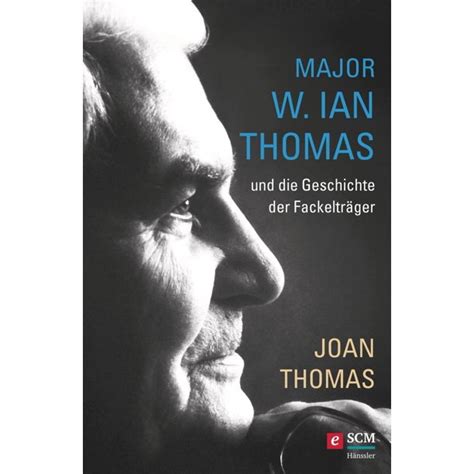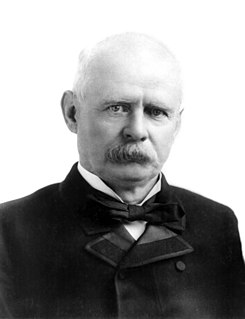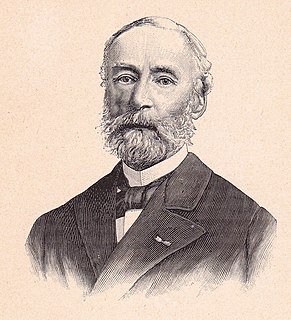A Quote by Thomas Carlyle
For man is not the creature and product of Mechanism; but, in a far truer sense, its creator and producer.
Related Quotes
The Christian religion is derogatory to the Creator in all its articles. It puts the Creator in an inferior point of view, and places the Christian devil above him. It is he, according to the absurd story in Genesis, that outwits the Creator in the Garden Eden, and steals from Him His favorite creature, man, and at last obliges Him to beget a son, and put that son to death, to get man back again; and this the priests of the Christian religion call redemption.
If you think of the product as a service, then the separate parts make no sense - the point of a product is to offer great experiences to its owner, which means that it offers a service. And that experience, that service, comprises the totality of its parts: The whole is indeed made up of all of the parts. The real value of a product consists of far more than the product's components.
I have already indicated to you the meaning of the word religion, as applied to Islam. The truth is that Islam is not a Church. It is a State conceived as a contractual organism long before Rousseau ever thought of such a thing, and animated by an ethical ideal which regards man not as an earth-rooted creature, defined by this or that portion of the earth, but as a spiritual being understood in terms of a social mechanism, and possessing rights and duties as a living factor in that mechanism.
What is an artistic picture? An artistic picture is very simple. The creator is not the producer. The creator is not the star. The creator is the director, the person who realizes the picture, like a poet, like an artist. The creator of the picture is free to do whatever he wants, how he wants to do it. That is an artistic picture.
Of all the differences between man and the lower animals, the moral sense or conscience is by far the most important. This sense, as Mackintosh remarks, "has a rightful supremacy over every other principle of human action"; it is summed up in that short but imperious word "ought," so full of high significance. It is the most noble of all the attributes of man, leading him without a moment's hesitation to risk his life for that of a fellow-creature; or after due deliberation, impelled simply by the deep feeling of right or duty, to sacrifice it in some great cause.
One of the things in the Mary Shelley [Frankenstein] is that the creature tells his story, so this begins with the creature's point of view. So, it literally starts with the creature opening his eyes and is born - but is obviously in his 30s. But because they're the creator and the created we thought it would be really interesting if they could look at each other every other night and play each other's roles.









































